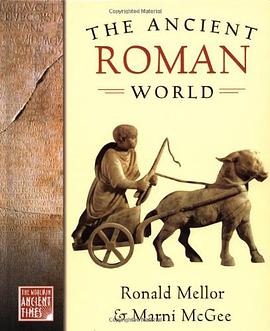

具体描述
In the historical and literary imagination, the Balkans loom large as a somewhat frightening and ill-defined space, often seen negatively as a region of small and spiteful peoples, racked by racial and ethnic hatred, always ready to burst into violent conflict. The Balkans in World History re-defines this space in positive terms, taking as a starting point the cultural, historical, and social threads that allow us to see this region as a coherent if complex whole. Eminent historian Andrew Wachtel here depicts the Balkans as that borderland geographical space in which four of the world's greatest civilizations have overlapped in a sustained and meaningful way to produce a complex, dynamic, sometimes combustible, multi-layered local civilization. It is the space in which the cultures of ancient Greece and Rome, of Byzantium, of Ottoman Turkey, and of Roman Catholic Europe met, clashed and sometimes combined. The history of the Balkans is thus a history of creative borrowing by local people of the various civilizations that have nominally conquered the region. Encompassing Bulgaria, Croatia, Bosnia and Herzegovina, Serbia, Montenegro, Albania, Macedonia, Greece, and European Turkey, the Balkans have absorbed many voices and traditions, resulting in one of the most complex and interesting regions on earth.
作者简介
Andrew Baruch Wachtel is the Bertha and Max Dressler Professor of the Humanities, dean of the graduate school, and director of the Roberta Buffett Center for International and Comparative Studies at Northwestern University.
目录信息
CHAPTER 1 Beginnings: From Prehistory to the Byzantine Empire
CHAPTER 2 The Medieval Balkans
CHAPTER 3 The Balkans under Ottoman Rule
CHAPTER 4 The Long Nineteenth Century (1775-1922)
CHAPTER 5 The Twentieth Century: From the Balkans to Southeast Europe
Chronology
Notes
Further Reading
Web Sites
· · · · · · (收起)
读后感
评分
评分
评分
评分
用户评价
相关图书
本站所有内容均为互联网搜索引擎提供的公开搜索信息,本站不存储任何数据与内容,任何内容与数据均与本站无关,如有需要请联系相关搜索引擎包括但不限于百度,google,bing,sogou 等
© 2025 book.quotespace.org All Rights Reserved. 小美书屋 版权所有




















